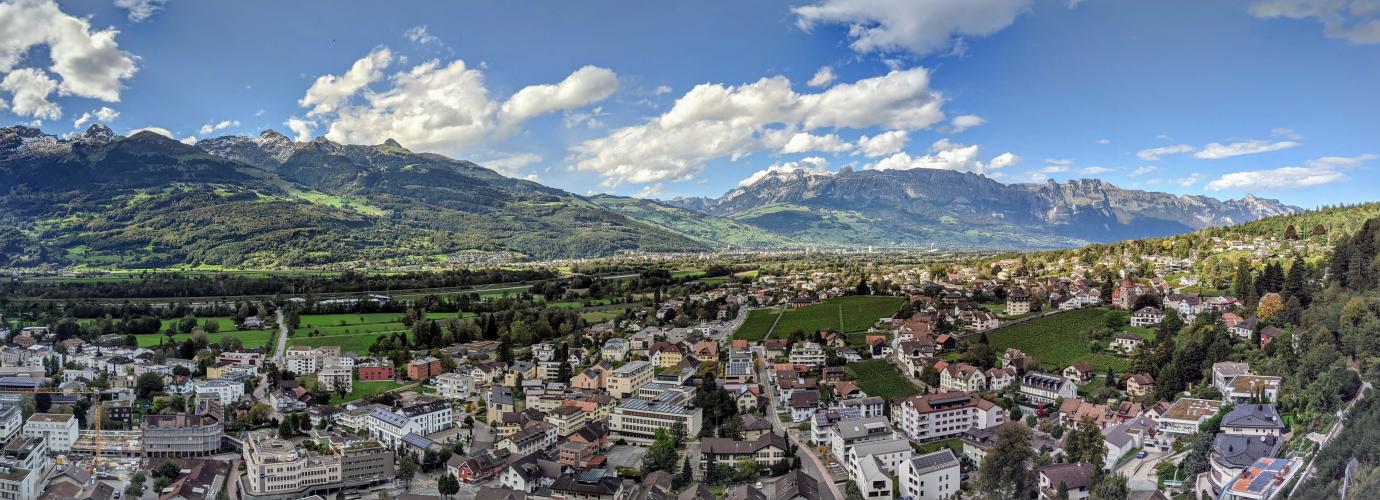The State is primarily responsible for the Liechtenstein education system. Compulsory education and free attendance of state schools are basically regulated by the constitution. Overall, the state is responsible for adequate education services as well as for their quality (supervision), including the private sector. Private education is available within the boundaries of the current law. Private institutions must be authorised by the government and are obliged to regular reporting. The application of the laws is supervised by the government who also carries out particular legal actions through subordinate instances (governmental offices and committees). They then prepare issues for the attention of the government or other instances in accordance with the relevant regulations and jurisdiction, or they carry them out independently. The communal authorities as the responsible bodies of the municipal schools also make a considerable contribution.
Childcare services for children below the age of 4 are not part of the education system, but are part of family and social politics. They are supervised by the Office of Social Services. The Office of Social Services is also responsible for private kindergarten. Childcare services for children below the age of 4 (day-care parents, playgroups) are optional services that parents can choose to use if they wish. As the importance of early education continually increases (especially in the field of language education) this sector also holds an educational mandate.
The structure of Liechtenstein's education system is characterised by the small size of the country and its necessary close links to the neighbouring education systems. The size makes it impossible to offer a complete school and education system on all levels. Especially in the fields of schooling within vocational education, in advanced vocational education as well as in higher education programmes cooperation networks have been established with the neighbouring countries, especially with Switzerland. Liechtenstein makes financial contributions in these sectors. Places to study at schools and universities are obtained with the help of a range of agreements with foreign ministries and departments.
The umbrella organisation Adult Education Foundation is under public law and coordinates the state support for adult education. Institutions for adult education are independent organisations.

